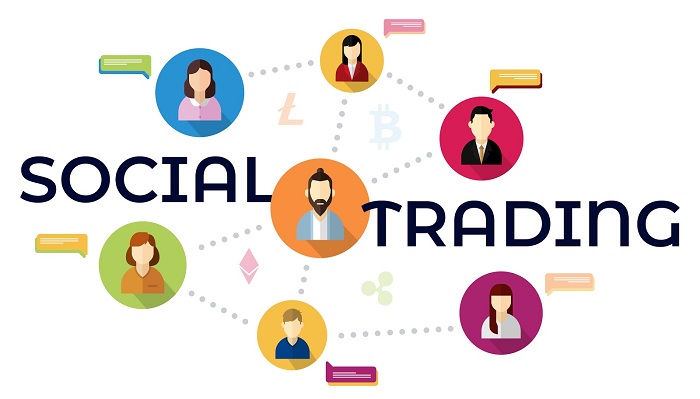
Social trading is a form of investing in which traders use online platforms and social media to buy and sell securities. By monitoring public transactions on these platforms, traders can detect trends and opportunities in the market that they may not be able to see otherwise.
How Do I Become a Social Trader?
There is no one-size-fits-all answer to this question, as the best way to become a successful social trader will vary depending on your experience, skillset, and investment goals. However, here are five tips for getting started:
Tips For Becoming a Social Trading Pro
Here are five tips for getting started:
- Set SMART Goals.
Before starting any new investment strategy, it is important to have realistic short-term and long-term goals. This will help you stay disciplined and focused during volatile markets, and also help you identify potential opportunities early on in the process. create SMART goals like: Specific: What security do you want to buy or sell? Measurable: How much money are you willing to risk? Achievable: Are the goals achievable within a certain timeframe? Relevant: Does this goal support your overall investment strategy? Time-bound: When do you want to achieve the goal?
- Stay Informed.
One of the most important aspects of being a successful social trader is staying up-to-date on industry news and events. This way, you’ll be able to identify potential trends before they happen, and avoid missing out on lucrative opportunities.
- Use Tools and Resources.
There are tons of tools and resources available online that can help novice traders learn about the stock market – from online tutorials to financial magazines.
- Join an Online Community or Forum.
Joining an online community or forum can help boost your confidence as a beginner trader, as well as connect you with like-minded individuals who can offer valuable advice and support during difficult times.
- Stay Disciplined.
Social trading is a high-risk investment strategy, and it’s important to be disciplined when trading. Make sure to set realistic goals and timelines, and stick to them – if you fall short of your targets, don’t get discouraged; try again later with a different set of goals.
What are the Benefits of Social Trading?
- Increased trading efficiency
- Greater opportunities for profits
- Increased opportunities for diversification
- Reduced costs associated with trading
- Increased flexibility and control over trading
What are the Risks of Social Trading?
- High-risk and volatile markets
- Limited knowledge of stock market terminology and mechanics
- Inexperienced traders may not be able to properly assess risks
- Trading on margin carries a risk of losing all your invested money
- Social trading can be addictive and can lead to negative emotional results if not done properly.
Conclusion:
As a social trading pro, it is important to be disciplined and have a sound understanding of the risks and benefits associated with this high-risk investment strategy. By staying informed and engaged, you can maximize your opportunities for profits while minimizing your risks.